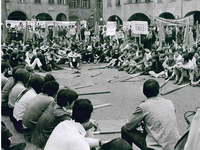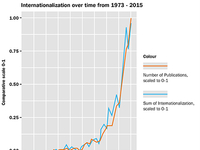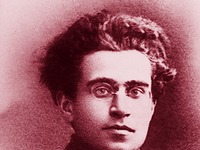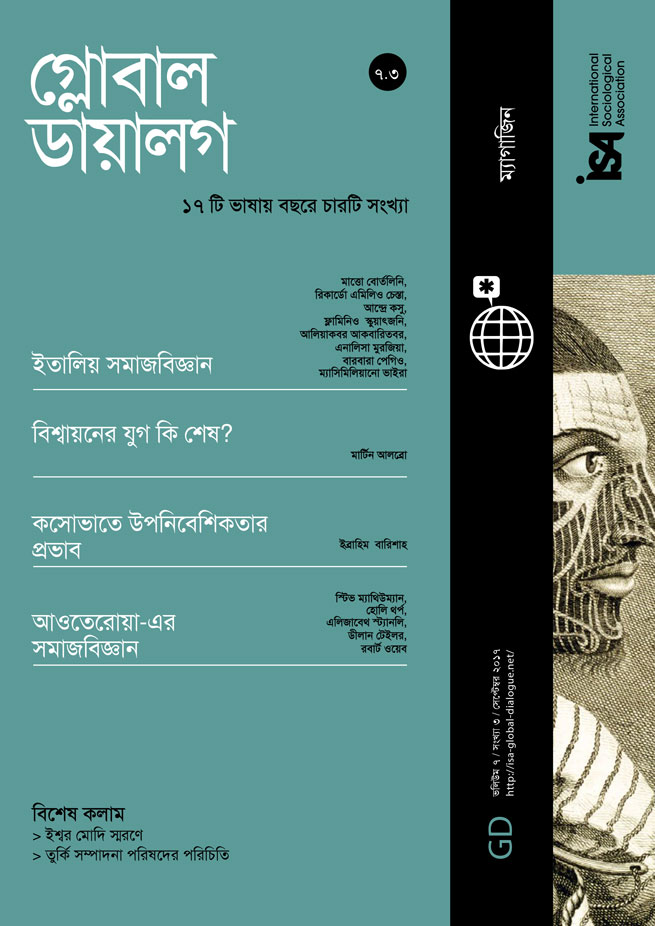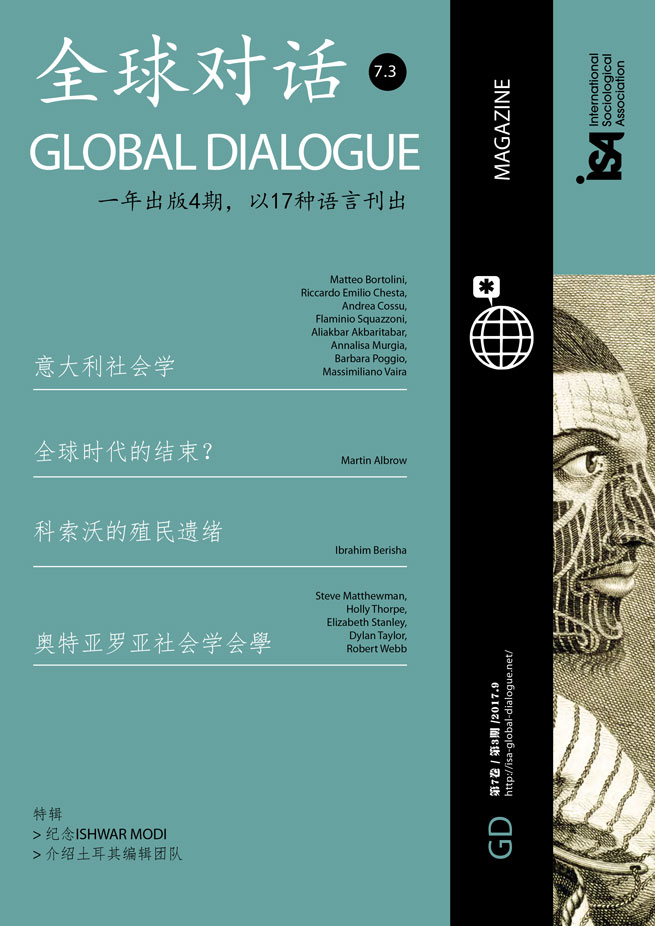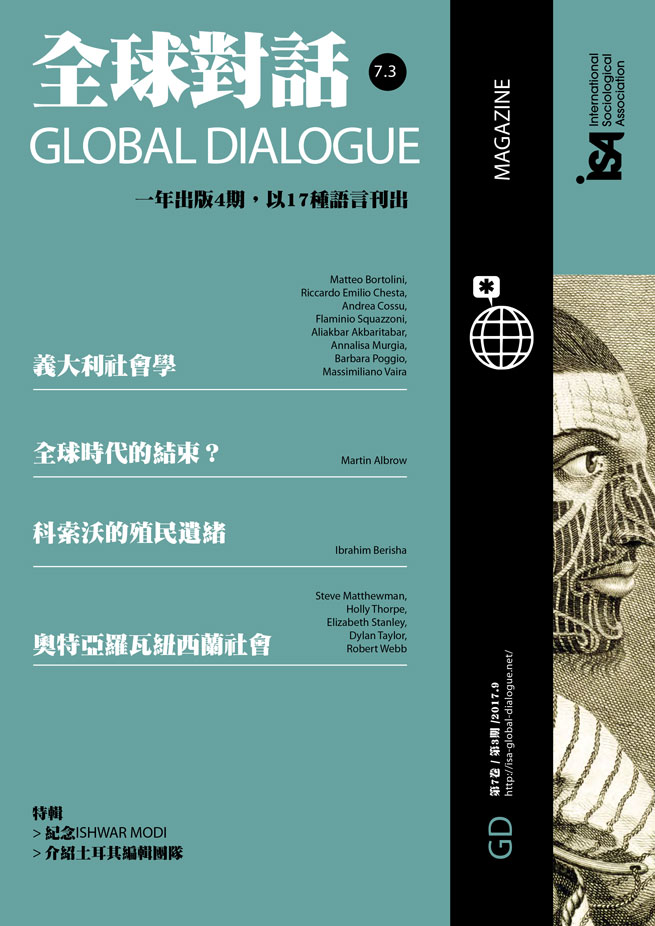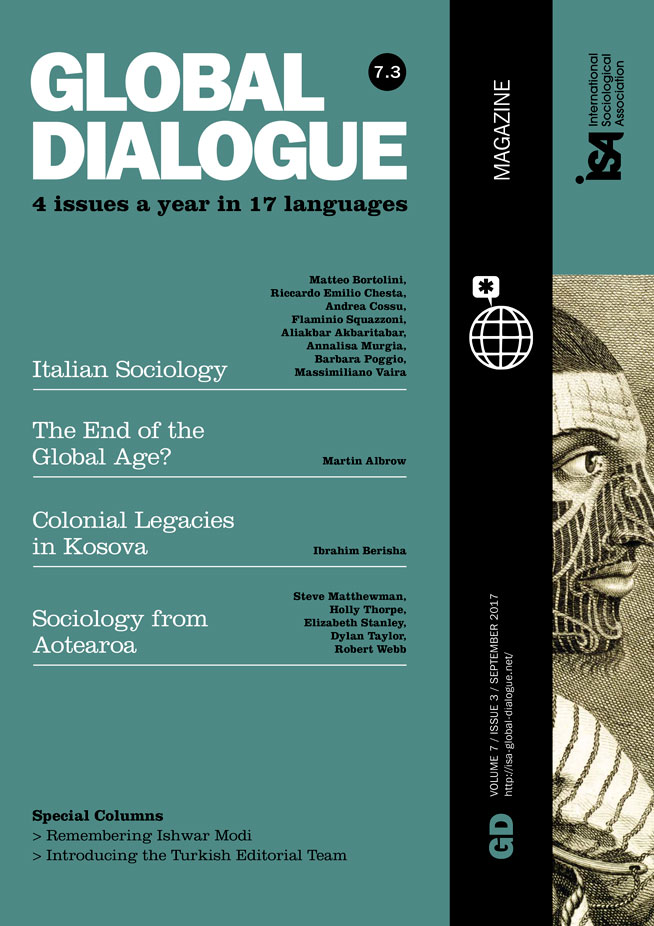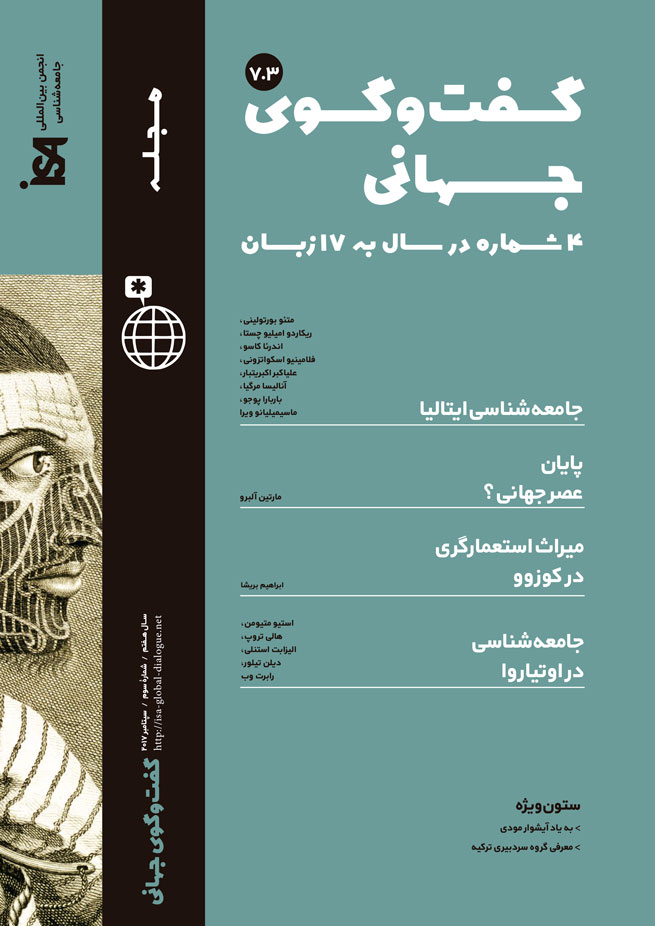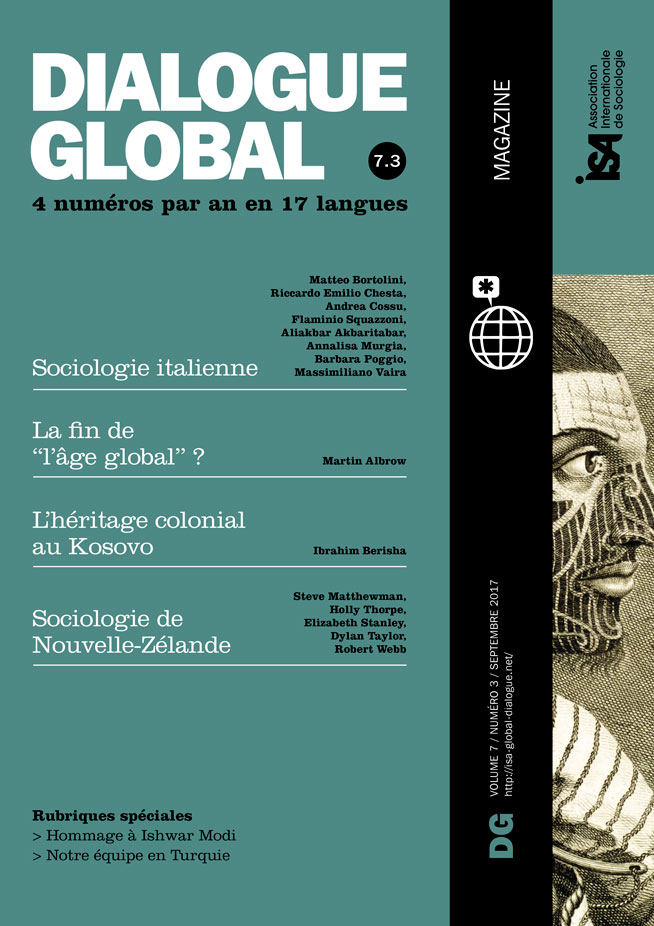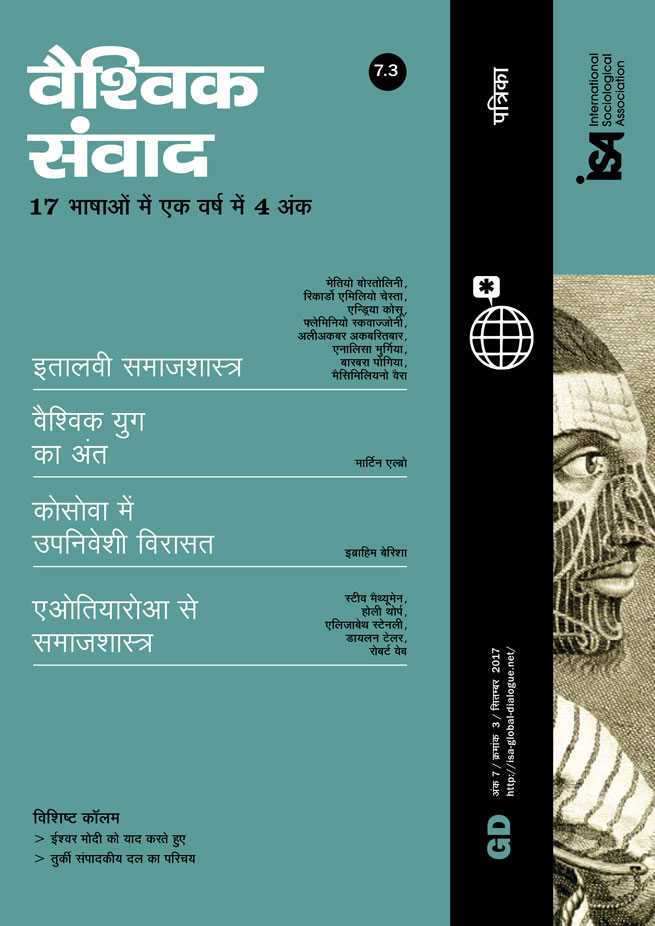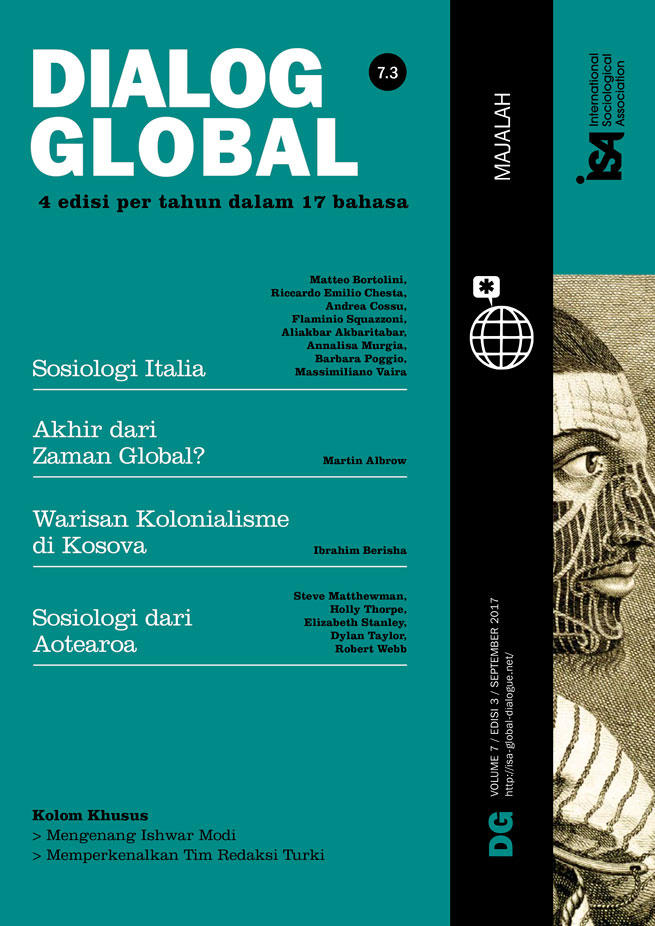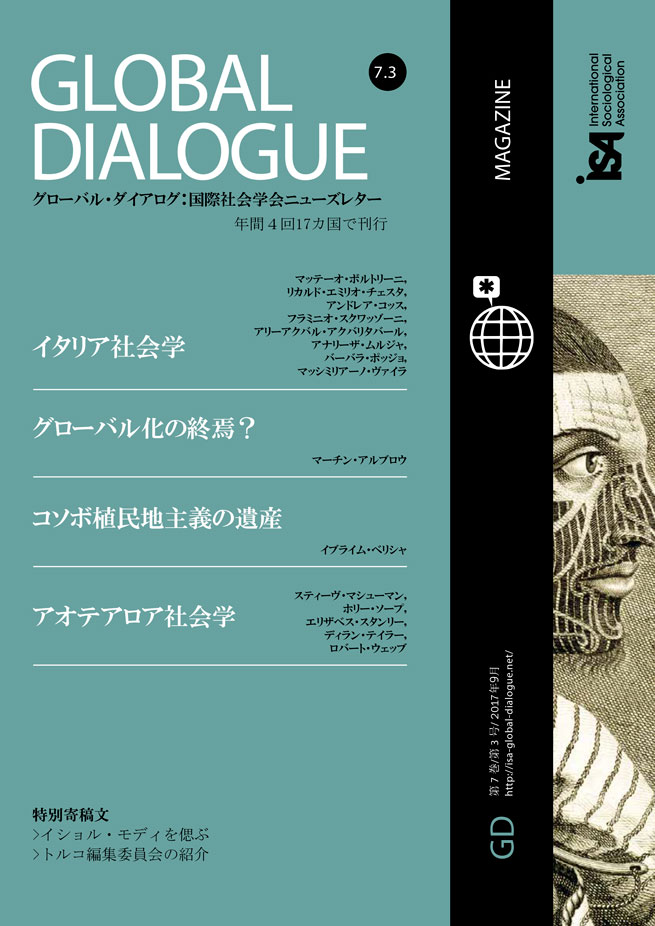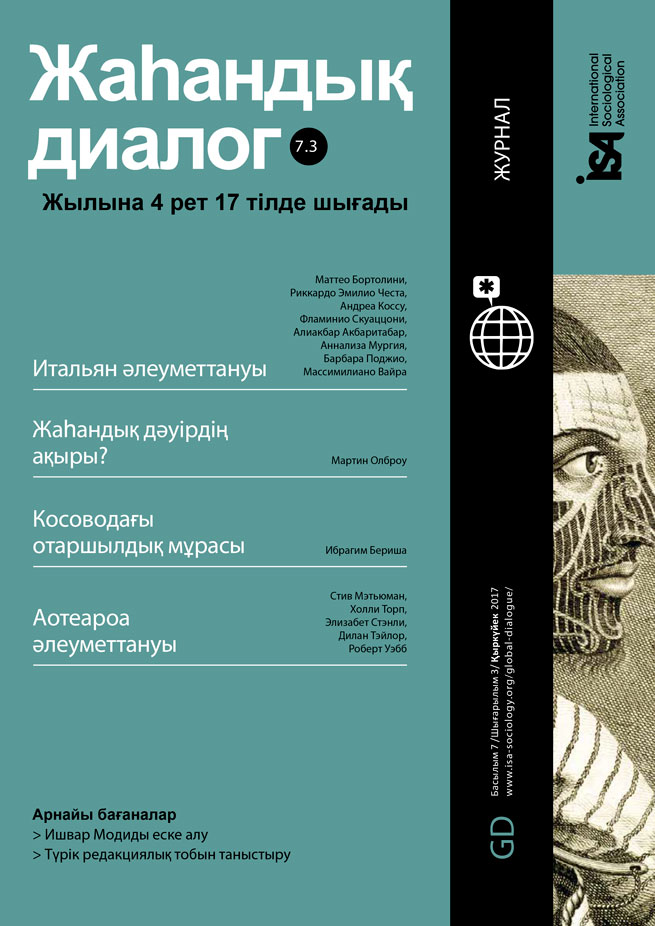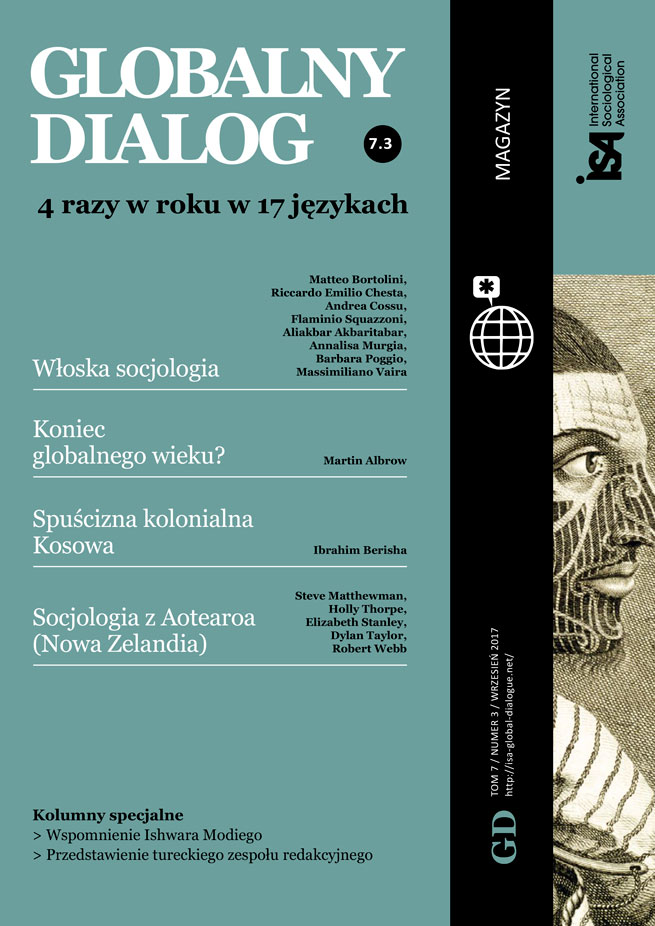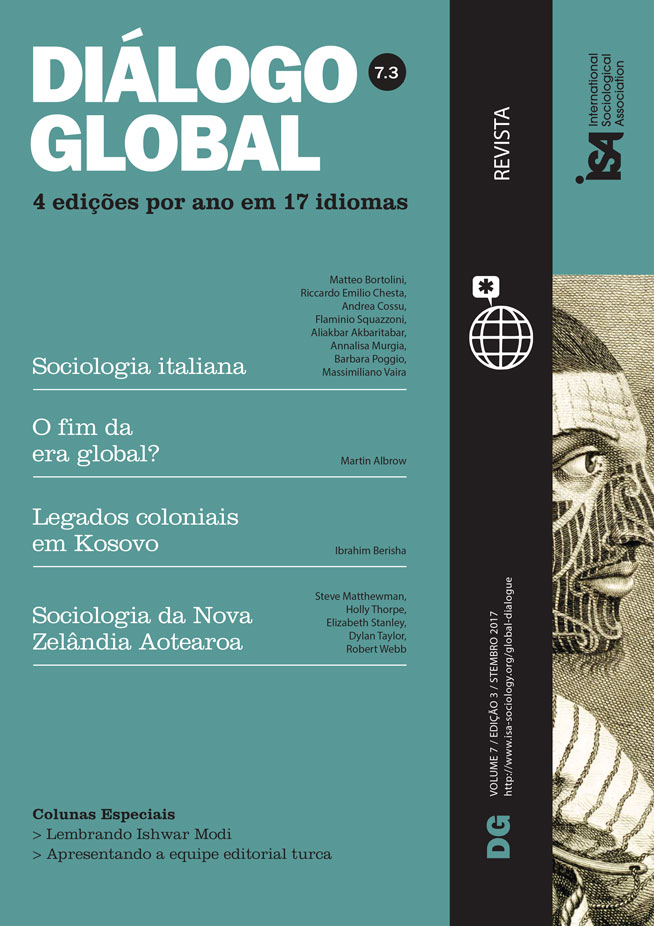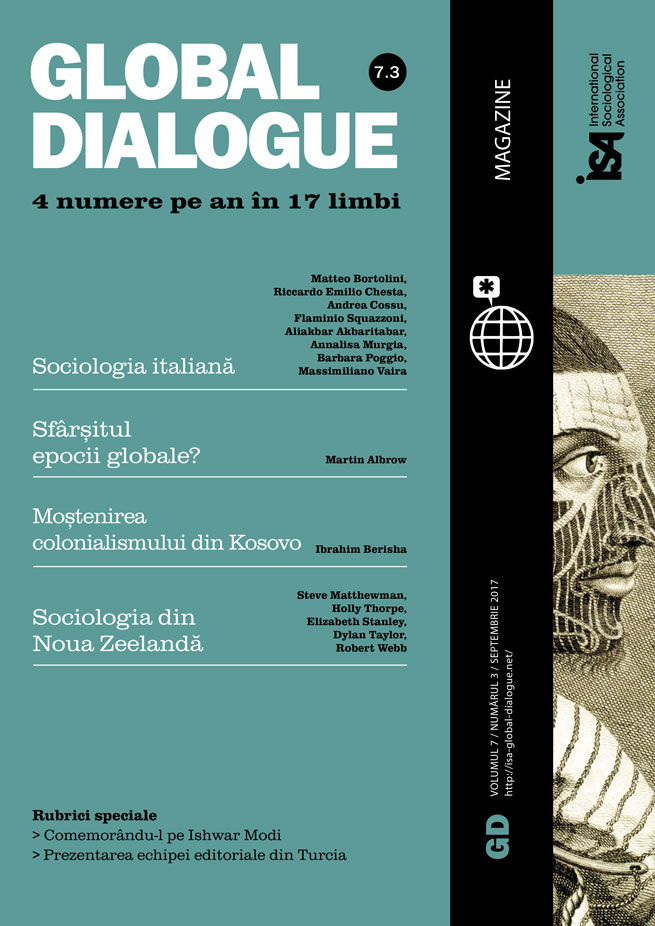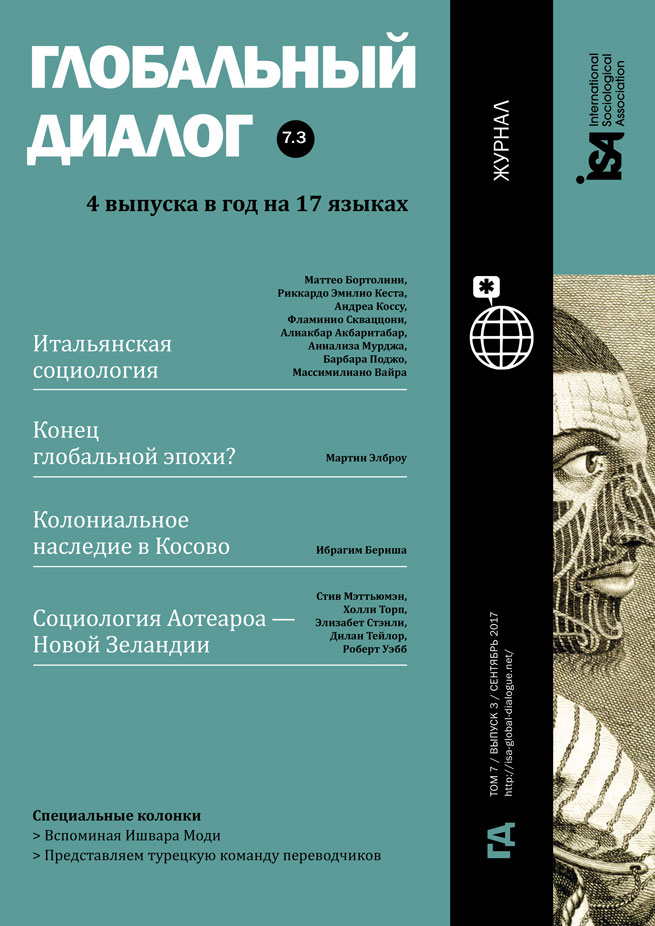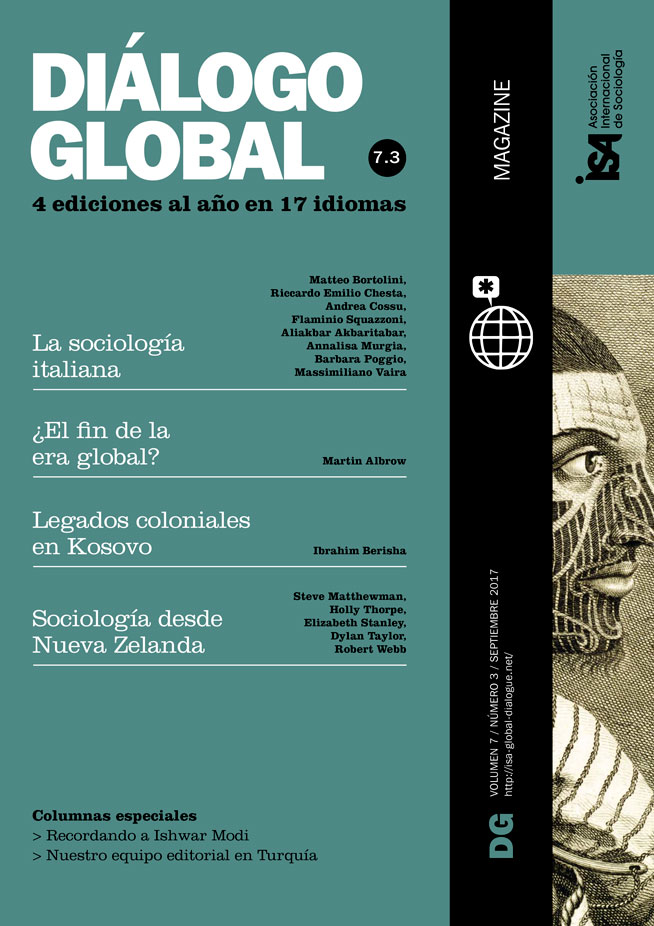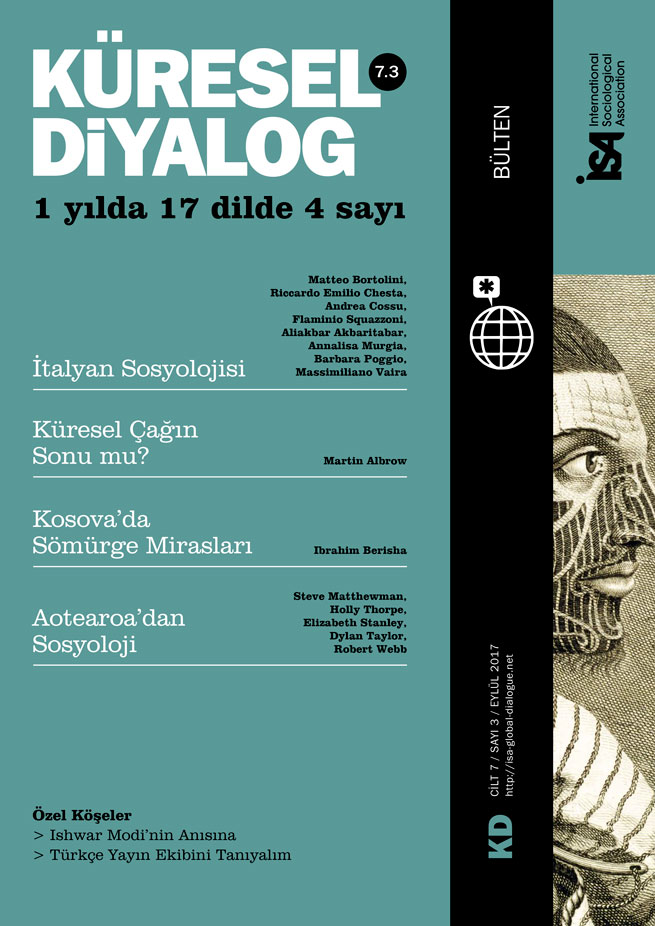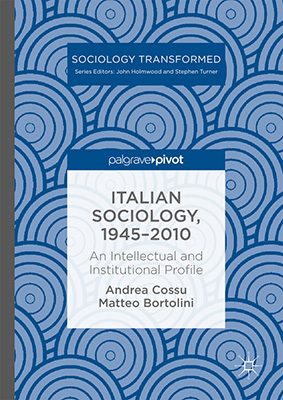As Andrea Cossu and I have argued in Italian Sociology 1945-2010: An Intellectual and Institutional Profile, the early 1990s marked the end of the “heroic,” foundational period of the discipline, giving way to a less charismatic, more professionalized scientific practice, best described as a paradoxical mix of “routinization without standardization.” The lack of a scientific or even pragmatic consensus on topics, methods, or theoretical frameworks affected the day-to-day practice of scientific work and relations between sociologists and their many publics – Italian and foreign colleagues, national and local political elites, social and religious movements, economic actors, and the mass media. Further, it prevented the development of a shared vision of a sociological community, of its professional and ethical standards, or its prospects. The discipline has struggled to construct a new, powerful master narrative about its past, present, or future – so much so, that even old myths of the “rebirth of postwar sociology” or the 1968 student revolts (see Chesta and Cossu in this issue, GD7.3) make little sense to young sociologists trained at established academic institutions.
To be sure, as many articles published in Global Dialogue have suggested, this pluralization of sociological approaches and research styles has occurred almost everywhere in the last 30 years. In Italy, however, the discipline’s particular history gives postmodern fragmentation a distinctively Italian flavor. Over the last fifteen years, the worldwide neoliberal turn in higher education, with its managerial and market ideologies and its attack on the postwar assessment of academic professions, has weakened Italy’s componenti (camps), three powerful academic groupings that coalesced in the late 1960s around loosely-defined political fault lines – Roman Catholic, Communist, and Socialist. At the same time, younger scholars have been encouraged to widen their geographical, intellectual, and professional horizons, as more Italian sociologists now obtain degrees or take post-doctoral fellowships abroad, routinely participate in international meetings, and are active members of global scientific networks. As a result, some social scientists abandon Italian as their main publishing language, distancing themselves from ossified academic conventions, and making it increasingly unlikely that Italian sociology, as a discipline, can achieve a more defined or consensual image or practice (see Squazzoni and Akbaritabar in this issue, GD7.3).
In addition to these all-important dynamics, Italian sociology today faces three main challenges: its place within the nation’s cultural and intellectual imaginary, its role within social sciences and in neoliberal academe more broadly, and its institutional and associational infrastructure.
One of the biggest problems confronting Italian sociology is its lack of recognition in the national social imaginary (see both Vaira, and Murgia and Poggio in this issue, GD7.3). Apart from a handful of charismatic individuals from the first generations of sociologists who gained prominence as either top-level politicians or public intellectuals, the influence of the sociological profession on Italian society has been muted. On the one hand, the distant memory of Italy’s long 1968 through the 1970s (when several alumni of the University of Trento joined the terrorist group Red Brigades, while other sociologists led New Left organizations) contributes to a persistent image of the sociologist as a partisan and unreliable intellectual – an image reinforced by the current decision, on the part of some social scientists, to act as ideologues, “organic intellectuals,” or consultants in the service of political movements, trade unions, or civil society associations. On the other hand, since the mid-1980s, sociologists have been criticized as flamboyant, to the point that they are often seen as vapid tuttologi (know-it-alls). Although a younger generation of colleagues have risen to fame as public intellectuals – among them Ilvo Diamanti, Mauro Magatti, and Giovanni Semi, whose 2015 book Gentrification caused a sensation – it will take time and effort to renew the discipline’s image, or to re-establish its legitimacy in discussions of social processes.
The destiny of academic sociology remains intertwined with that of Italy’s system of higher education. In 2004-05, a national process sought to collect, analyze, and evaluate the scientific output of academic personnel. Although they had few real consequences, the findings painted a grim picture: Italian sociology fared the worst among the social sciences, prompting new efforts to improve the quality of published research. Later, the neoliberal Berlusconi government introduced a radical and much-contested reform of Italian higher education (law 240/2010), causing intense intra- and inter-disciplinary quarrels in late 2012. The publication of the findings of the ASN – the national process of scientific qualification – introduced a novel recruiting mechanism: only one out of five of those who had applied were considered qualified for future positions as full or associate professors. Moreover, Northern Italian universities fared much better than Central and Southern ones, with more candidates awarded the titles needed to further their careers.
As a result, debates about regional and sub-disciplinary inequalities, the power of the three academic camps, and the discipline’s fragmentation were conducted in unusually passionate terms. One of the harshest polemics focused on the evaluative criteria enshrined in the 2010 law, which disproportionately rewarded research-intensive careers. Papers published in foreign journals and membership in global research networks were all rated positively, while teaching and service at one’s home institution were not considered worthy of evaluation. On average, cosmopolitan sociologists who had partially or totally turned their backs on Italy’s sociological field fared better than their more locally-oriented colleagues.
Ultimately, the controversies over the 2010 reform had a profound, and maybe unexpected, impact on the Italian Sociological Association (AIS), created in 1983 as a shared clearinghouse for the three camps to jointly manage the allocation of academic posts and research funding. The association gradually lost prestige and appeal, and its conduct in the aftermath of the publication of the results of the ASN persuaded many academic sociologists to withdraw from the association. As membership has fallen to new lows, the organization is trying to renew itself by strengthening both its public role and its appeal as the discipline’s main standard bearer. At the same time, however, economic sociologists – who generally fared better than average in the evaluation of scientific research – decided to abandon the AIS, creating a new sub-disciplinary professional association. In January 2017, the Italian Society of Economic Sociology (SISEC) held its first national conference, with about 220 members enrolled – roughly one out of ten academic sociologists. Only time will tell if this double renewal will bear fruit, and whether it will help Italian sociology move beyond one of the most turbulent and unpredictable phases in its history.
Matteo Bortolini, University of Padova, Italy <matteo.bortolini@unipd.it>
